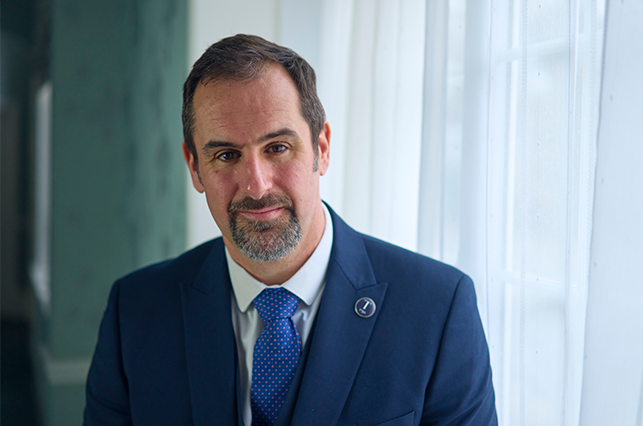what to do when someone dies
We understand grief is exhausting, let our compassionate team guide you through what to do when someone dies, one step at a time. We are here to offer expert advice and support.

things you'll need to do
In the midst of grief we know it can be hard to face the practical things that need to be done, which is why we have set out below the three important things that you need to do in the first few days following a death:
Obtain a Medical Certificate of Cause of Death (MCCD).
This form is the official record of the cause of death and is required to enable you to register the death (next step below). Either the attending GP (if death occurred at home or at a care home) or the Bereavement/Patient Affairs Office (if death occurred at a hospital) will provide this form to the appropriate Registry Office.
Register the death at a Registry Office.
You must register this within five days of the death and at the Registry Office in the area where the deceased passed away. Registering the death needs to be completed by the legally responsible person, which is usually the next of kin, a close relative or the Executor of the deceased. The death can also be registered by someone who was present at the time of death, the occupier of the premises where the death occurred, or the person who is responsible for arranging the funeral.
A representative from the Registry Office will either contact you as next of kin once they have received the MCCD, or you can register the death by booking an online appointment with the Registry Office (via their website) and a representative will call you at the appointed time.
The Registrar will require the following information from you:
Date and place of death
Full name and address of the deceased (including maiden name if the deceased had been married)
Date and place of birth
Occupation
Name and address of their husband or wife, or civil partner
Your name, address and your relationship to the deceased
Whether the deceased was in receipt of a pension from public funds
Please note that if the Coroner is involved, as your funeral director we can provide you with more information. Contact us and we can discuss the different procedures that may need to be followed.
The Registrar will then provide you with:
Certified copies of the entry ie the Death Certificate. This certificate is available at the time of registration and you may consider purchasing additional copies for insurance purposes or in order to close existing bank accounts etc. The Registrar will charge a fee for each copy they provide. You are able to arrange for additional copies at a later date, however the fees charged for copies issued on a separate occasion may be higher.
Certificate for burial or cremation (ie the ‘Green Form’). This form enables the funeral to go ahead. It will be emailed to you and you should forward it on to your chosen Funeral Director.
A ‘Tell Us Once’ reference number. This online service enables you to inform most government departments of the death in one go.
Appoint a Funeral Director
As your funeral director we will be able to assist you with the documentation required for cremation or burial, and help with all aspects of the service.
support and advice

We are here to support and guide you through every detail, helping you create a fitting ceremony and celebration of life.
Everything that we do is built on empathy, choice and providing value. Our belief is that since we’re all unique, our funerals should be too.
When a death occurs we are available 24 hours a day, 7 days a week. Call us if you need help and advice around bereavement even if not considering us as funeral director.
Call – 0191 257 1201
If you would prefer not to speak to someone just now, complete our online form and we will call you back within an hour.
what our families say










